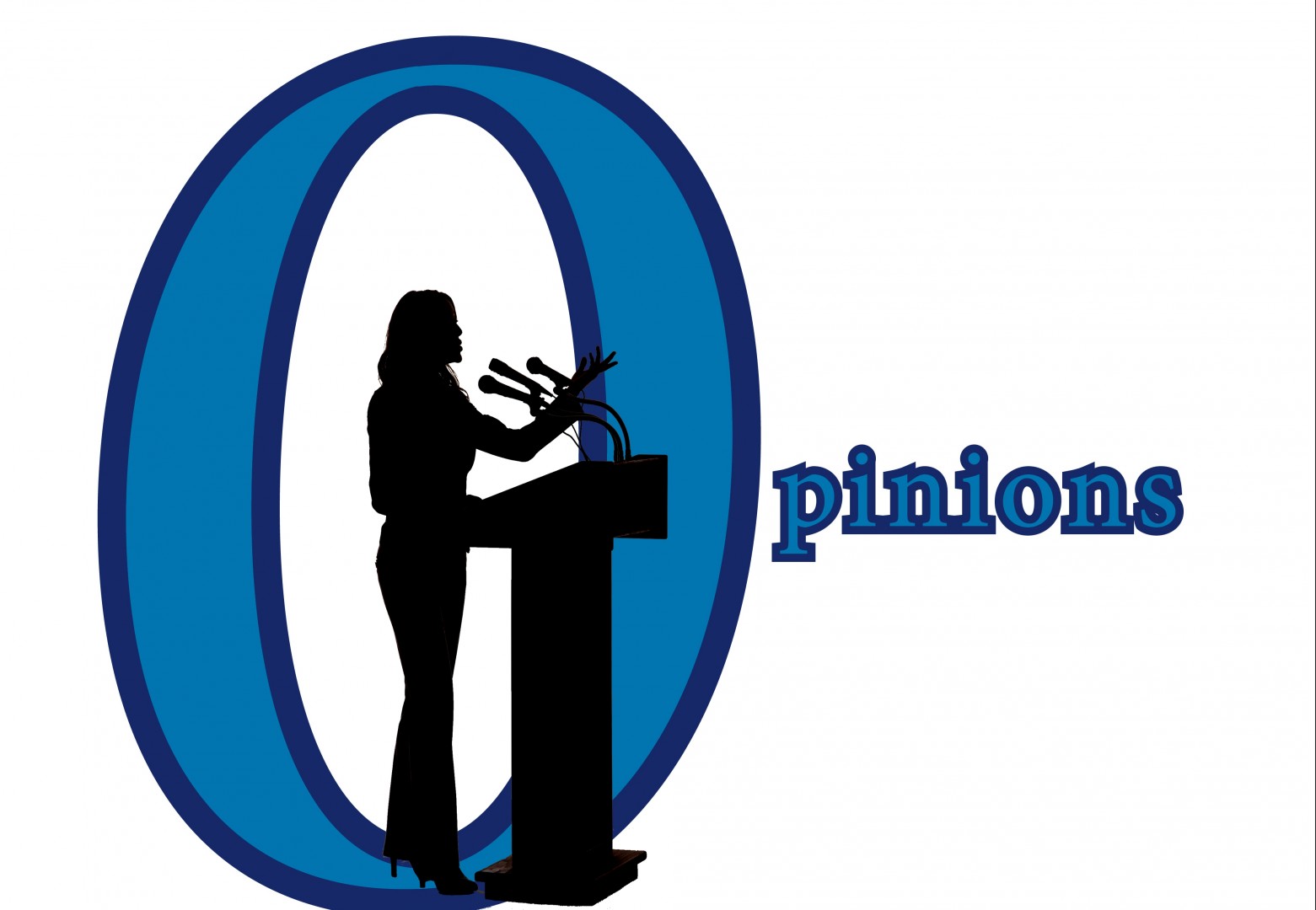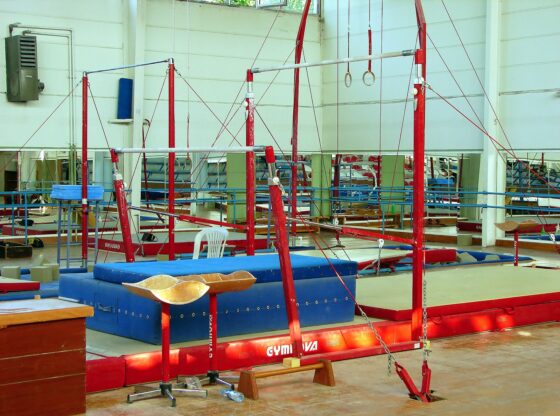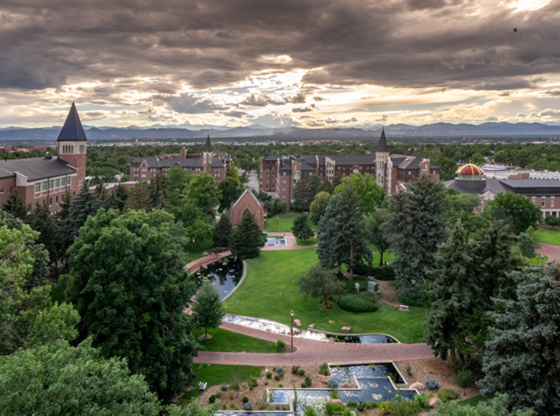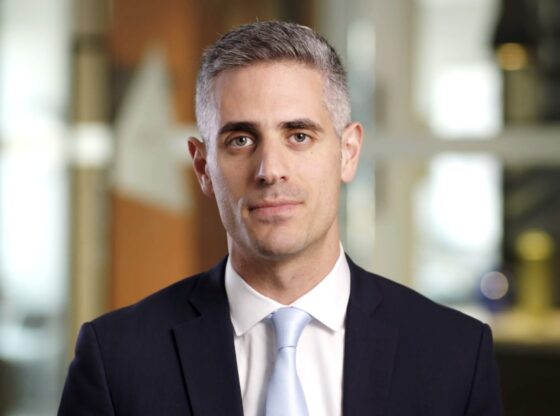At the Regents of the University of Colorado meeting on April 30, chancellors from the four campuses gave formal reports about intellectual diversity efforts on their campuses. They then spent an hour in a spirited debate about how to expand the intellectual diversity on campus by hiring more right-of-center professors.
Given that the CU system has an overwhelming majority of liberal professors, hiring more conservative professors would provide students with more perspective and foster a more diverse intellectual environment.
The Board of Regents is a nine-member board that is elected by the popular vote of Colorado’s voters. The board currently has a 5-4 Republican majority.
A few years ago, the board added “political, intellectual and philosophical” diversity to its guiding principles. After the chancellors gave presentations on how their campuses are trying to implement intellectual diversity, Republican regent Steve Bosley said that all of their reports failed to address the core problem of lack of faculty diversity.
Republican regent James Geddes has led the charge in recruiting more conservative scholars in the humanities and liberal arts departments. He warned that if the universities continue to hire professors on the left, “That’s a dead department. It’s dead.”
“Like it or not, the University of Colorado, particularly the Boulder campus, has the reputation for being a liberal campus. It is true that conservative scholars are just not welcome at the University of Colorado,” argued Geddes at the meeting.
In an educational institution, it is important that scholars across the political and ideological spectrum are welcomed so that students have the opportunity to hear both sides of an argument. The University of Colorado needs to take further action to implement its guiding principles on diversity in its teaching environment.
The panel did not make a specific policy decision at the meeting, but several regents called for the chancellors at the four campuses to increase their focus on the board’s guiding principles.
Geddes made his point clear: “I’m not suggesting that every side of the fence needs to be represented. But when you talk about the difference between liberals and conservatives in the United States, there is a fence with a lot of people on both sides.”
While conservatives have long grumbled and moaned about the political and ideological imbalances found on most college campuses, the April 30 meeting marks the first time a major university system has taken the issue up to the highest level of leadership.
Still, Democratic regent Stephen Ludwig questioned how universities would determine political leaning without investigating voter registration records.
It is the university’s job to give its students an array of ideas and perspectives on which they can think critically. And it is the student’s job to ultimately decide which side they support on this issue.











